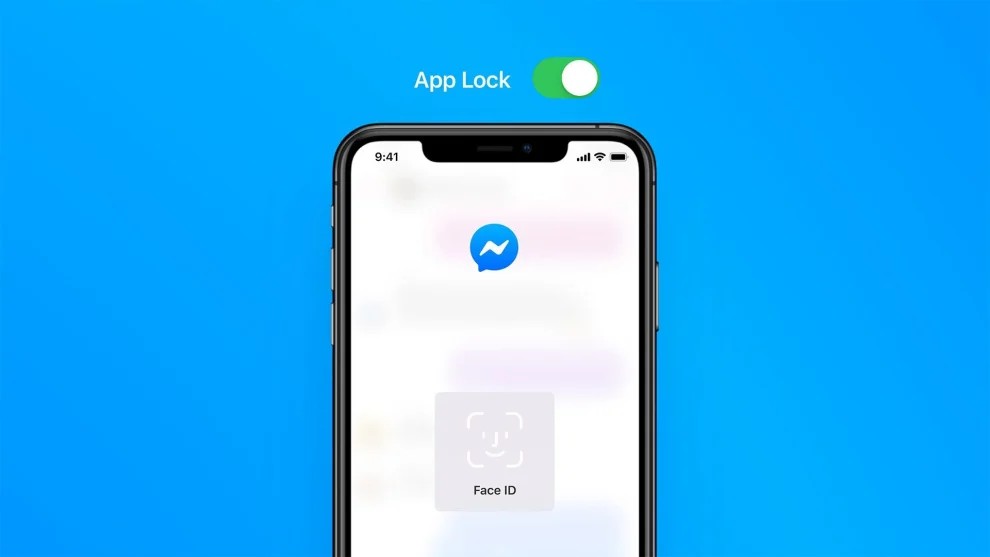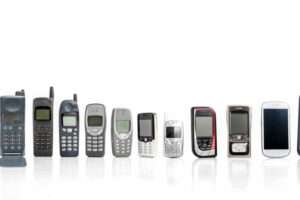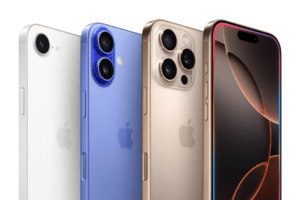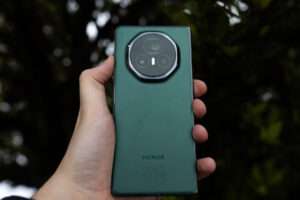The Need for Robust Mobile Security
Apple’s Commitment to User Privacy
Apple has long been at the forefront of championing user privacy, consistently introducing features that empower individuals to take control of their data. From App Tracking Transparency to on-device Mail encryption, recent iOS updates have demonstrated the company’s unwavering commitment to this cause. With iOS 18, rumored to be unveiled at WWDC 2024, Apple is poised to raise the bar even higher with the introduction of app locking with Face ID.
The Game-Changing App Locking Feature
According to sources familiar with the matter, iOS 18 will allow users to lock individual apps, including built-in ones like Mail, Messages, Photos, Notes, and even Settings. This means that even if your iPhone is unlocked, prying eyes won’t be able to access these apps without your Face ID verification. This functionality is expected to extend to Touch ID for compatible devices and the iPhone’s passcode as well.
This represents a significant departure from the current state of iOS security, where app-specific locking is a workaround achieved through features like Screen Time or Shortcuts. While these methods offer some level of control, they are not as streamlined or secure as a dedicated app locking feature.
The Benefits of App Locking

Enhanced Privacy
Imagine a scenario where a friend or colleague borrows your phone to make a call. With app locking, you can ensure they can’t access sensitive apps like Messages, Photos, or Notes containing personal data. This added layer of protection can provide peace of mind when sharing your device, even momentarily.
Parental Control
Parents can leverage app locking to restrict access to specific apps for their children, promoting safer phone usage habits. This can be particularly beneficial for controlling access to social media apps or age-inappropriate content, allowing parents to exercise greater oversight over their children’s digital experiences.
Extra Layer of Security
Even in the unfortunate event of your phone being lost or stolen, a locked app offers an additional hurdle for potential attackers, potentially deterring them from accessing sensitive information within the app. This added layer of security can help mitigate the consequences of such incidents.
Potential Considerations
Multiple User Scenarios
For families or households that share iPhones, app locking might require additional configuration to ensure smooth access for authorized users. Apple will likely need to address this scenario to ensure a seamless user experience for all.
Potential Inconvenience
The need for Face ID or passcode verification for every locked app might feel cumbersome for some users. However, Apple is expected to offer customization options, allowing users to choose a grace period or trusted locations where app locking is temporarily disabled, striking a balance between security and convenience.
Third-Party App Compatibility
Initial reports suggest that app locking might be limited to built-in apps at launch. Whether third-party app developers will be able to integrate this feature into their apps remains to be seen. Widespread adoption across the app ecosystem would further enhance the utility of this feature.
The Future of iPhone Security
The introduction of app locking with Face ID is a welcome step towards a more secure iPhone experience. While initial implementation might be limited to built-in apps, future iterations could potentially integrate with third-party apps, offering users even more granular control over their digital privacy.
Additionally, features like voice authentication or integration with Apple Watch could further enhance convenience and security, allowing users to seamlessly access their locked apps without the need for manual authentication.
With iOS 18, Apple seems to be sending a clear message: user privacy is paramount. App locking empowers users to create personal security zones within their iPhones, protecting their sensitive data and fostering a sense of digital security in today’s increasingly connected world.
Conclusion
The official announcement at WWDC 2024 is sure to shed more light on the specifics of this much-anticipated feature and its potential impact on the iPhone user experience. As we eagerly await the unveiling of iOS 18, one thing is clear: Apple’s commitment to user privacy and security remains steadfast, and the introduction of app locking with Face ID represents a significant stride in that direction.















